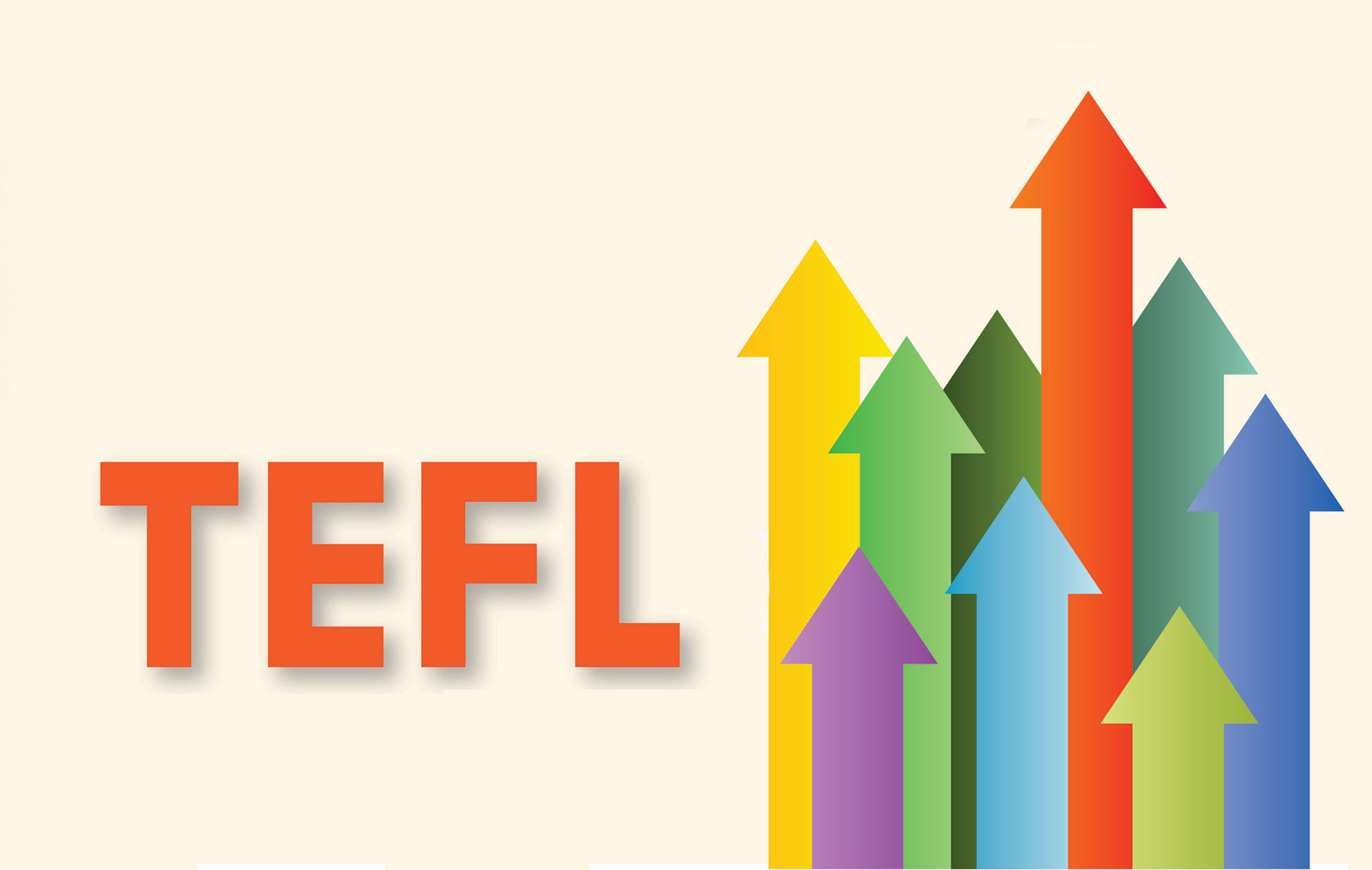In previous articles we’ve briefly presented the history of EAP, examined similarities and differences between Academic and General EFL courses, analysed important features of Academic English and presented EAP teaching contexts in Greece. This article will support how the inclusion of some EAP features in curriculum design, lesson planning and assessment of general English courses can offer considerable benefits to learners.
by Maroussa Pavli, MA in Applied Linguistics
EAP courses offer students the opportunity to work on time-management skills, note-taking and summarizing, effective information research, preparation and delivery of individual/ group presentations. EAP students are often assessed on these areas, as they are considered very important for academic success. However, it can be said that they are necessary not only in the academic world, but also in professional and personal contexts and that’s why they should be included in general English courses.
The part below will look at the areas mentioned above, excluding the preparation and delivery of presentations, the benefits for general English learners, the ways that this supplementary content can be utilized.
Time-management
Why
One of the challenges that learners deal with is managing time and meeting deadlines [e.g. school or foreign language homework, writing tasks or longer study projects]. They often don’t know how to prioritise tasks and organise time to complete them successfully. The steps below can help them develop and improve this skill.
Steps
- Show learner samples of weekly, monthly, annual calendars that can be used for recording information and deadlines for their school work, study workload, writing tasks, longer projects and other activities. Various types can be found online unless you wish to create your own.
- Show learners samples filled in with some of your professional and social commitments. If they see the same done by you, they can understand better how to do it and how it works. Ensure time for social free time activities and hobbies is included, too. Using colour-coding and highlighting helps considerably.
- Ask learners to fill in information in their individual calendars. They need to familiarise themselves with this idea. If they have easy access to work/ task descriptions and deadlines, they will have the bigger picture, feel in control of what’s happening and be able to allocate time to their various commitments.
- A few days later show students that your calendars have been updated with new/ revised information which has come from various sources [e.g. more marking, information about a conference, a coffee appointment with a friend].
- Discuss with them how their new tasks, decisions or commitments [e.g. a new school project to work on, a language test] will affect their time management and how the first calendar will now change. Ask them to update their calendars to reflect the changes and remind them to do so regularly to establish good time management habits and keep track of the progress of their work.
If this is done consistently, after a few weeks, it will become a habit and regular monitoring by you won’t be necessary. However, at the first stages your learners need your guidance to see the progress of their work and understand the changing nature of time-management. In this way they can practise dealing with different responsibilities, prioritizing and changing plans and, eventually, they’ll become aware of the importance of study-life balance.
What to assess
- Include a ‘management of the process’ criterion/ descriptor in the list of assessment criteria for any work set with a specific deadline and provide feedback on it.
- When you set a deadline for some homework, explain that if they delay the submissions, their work will be marked down, no matter how good it is.
- If you are consistent with this policy, the idea that time management is important will be reinforced and the argument of ‘forgetting to do a task’ may be used less often.
{loadmodule mod_random_image,call to action subscribe in articles}
Note-taking and summarising
Why
Good note-taking and summarising skills are closely linked with good writing, the ability to support original ideas and avoidance of plagiarising information. Taking notes can’t be substituted by taking photos of the relevant information. Note-taking is connected to skills such as reading and distinguishing between main ideas and details, understanding information and paraphrasing, which aren’t developed by photo-taking.
Writing should be seen as a process consisting of the stages of note-taking, summarising, drafting and redrafting, before a piece of work is ready for submission. Becoming aware of the importance of these stages, having the opportunity to practise writing by following them and reflecting on the process is of paramount importance for learners.
How
Note-taking and summarising can be practised under teacher guidance and this should be done on a regular basis for best results. Short or long texts, found in coursebooks or other sources, within learner language level and interests, can be used. If this is completed as a classroom activity, the teacher can guide learners through the process and provide help and feedback when necessary.
“Taking notes can’t be substituted by taking photos of the relevant information. Note-taking is connected to skills such as reading and distinguishing between main ideas and details, understanding information and paraphrasing, which aren’t developed by photo-taking.”
What to assess
Learner work can receive feedback and be assessed in two aspects:
- quality and quantity of notes taken
- on the development of the notes into full sentences that summarise the main ideas of text
Effective information research
Why
Because of our busy lives and easy access to resources, for a lot of us, information research often means a quick online search and reading the source content that appears first. We do very little to evaluate the source by checking its credibility, reliability and suitability. A source must be believable, trustworthy and appropriate to use in specific context. Students should be able to evaluate sources in order to be critical of what they read. To do so, they need to be trained to apply the criteria mentioned above when conducting research.
Learners should be aware that sources can be digital or printed and can be
- Commercial/ non-commercial, academic/ non-academic, personal/ institutional ones
- Credible and non-credible sources
- Reliable and non-reliable sources
- Suitable and non-suitable sources
How
To raise their awareness of this topic, you can regularly
- conduct simple classroom research tasks during which students are given a source and they find what type of source it is
- supply learners with a source and the specific context for which it’s needed and ask them to find if and why it can be used
- hand out a source list and a research topic and ask students to choose which ones they’ll use and why
- provide questions about a source author [person or the organization] and ask learners to supply additional information from suitable sources [e.g. person/ company background, profession, education, role, mission]
What to assess
After completing the training part on the use of effective research, students
- can be assigned simple tasks similar to the ones suggested earlier and be assessed on their performance
- can be asked to work on a research-based written/oral project and be assessed on sources appropriacy [apart from other aspects]
Conclusion
This article has looked at the development of time- management skills, note-taking and summarizing, conducting effective information research. The analysis and suggestions about how to teach preparing and delivering of individual/ group presentations will follow in new articles in the future.
Sources consulted
https://www.educationcorner.com/effective-time-management.html [accessed 31-5-2019]
https://www.managementstudyguide.com/time-management-benefits.htm [accessed 31-5-2019]
https://www.psychologytoday.com/us/blog/memory-medic/201809/note-taking-101[accessed 31-5-2019]
https://learningcenter.unc.edu/tips-and-tools/taking-notes-while-reading/ [accessed 31-5-2019]



